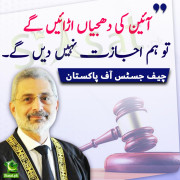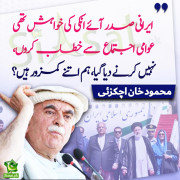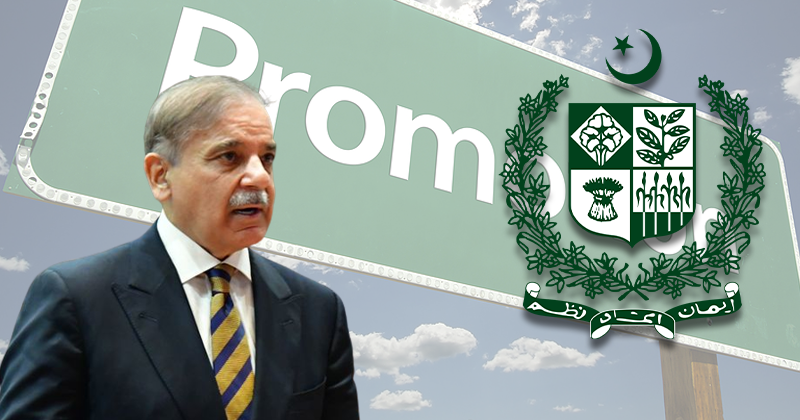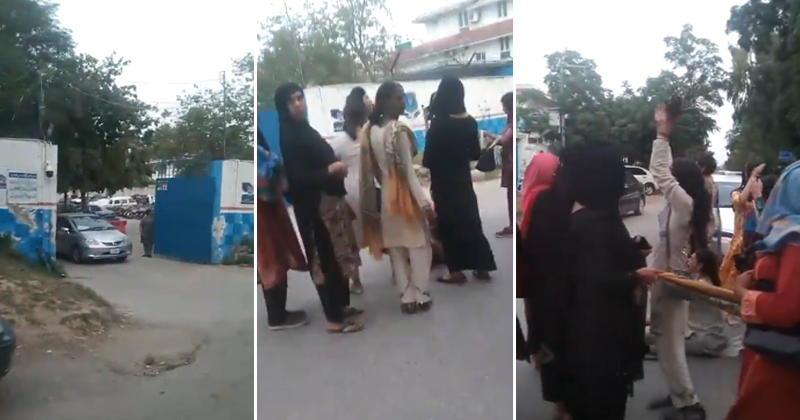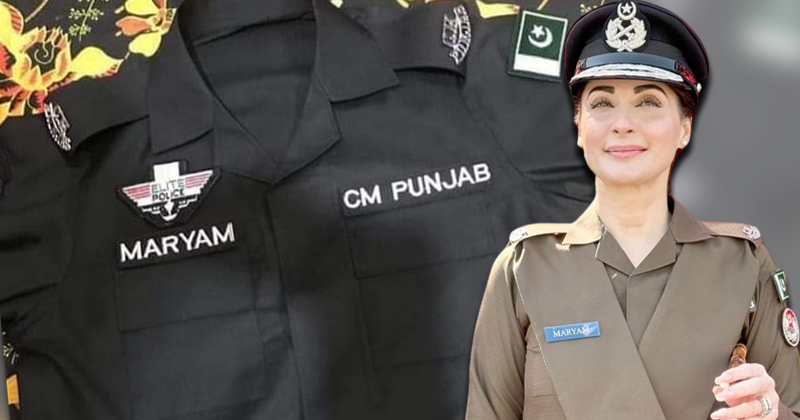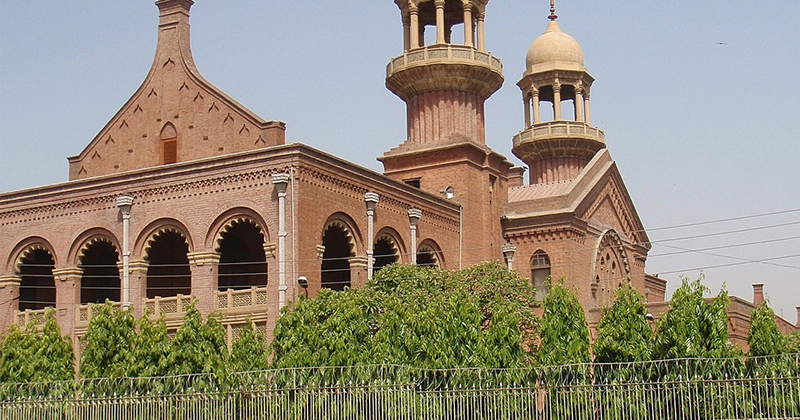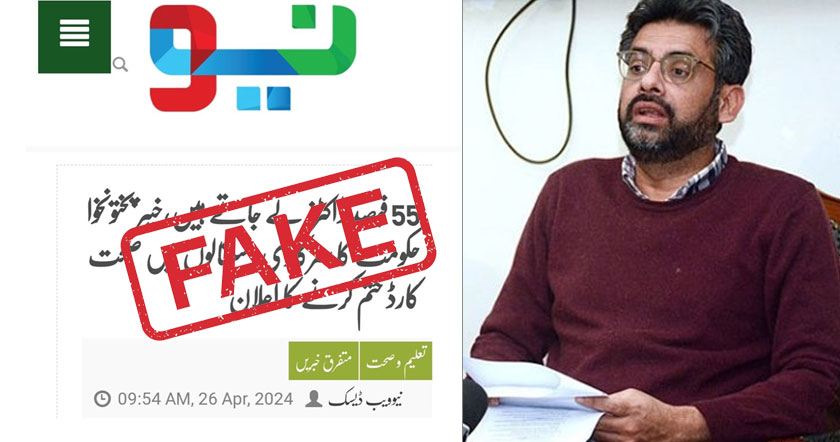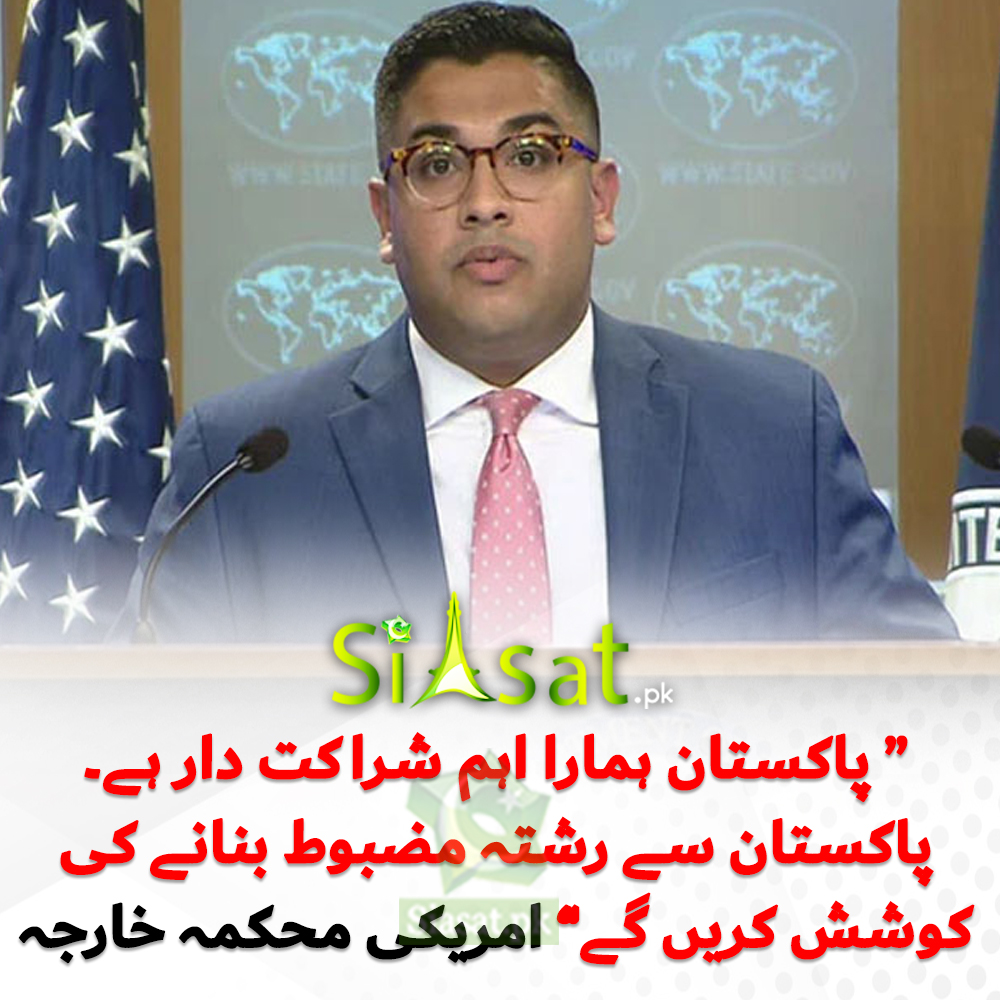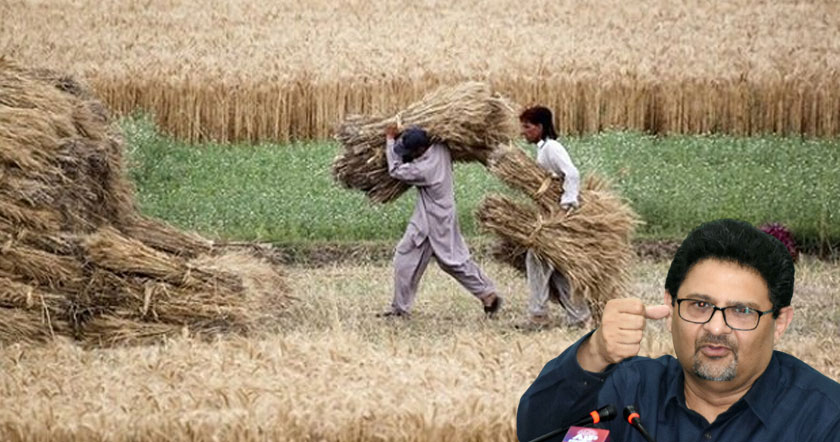India, which likes to boast that it’s the “world’s largest democracy,” is heading down a dangerous and decidedly undemocratic road with its decision to impose direct rule on Kashmir.
It’s been just over a week since the government of Prime Minister Narendra Modi abolished the semi-autonomous status of the state of Jammu and Kashmir. It unilaterally revoked two articles in the Indian constitution that gave the Muslim-majority territory of 13 million special status — something it had ever since it joined the newly independent country back in 1947.
 A protest against the ending of Kashmir's limited autonomy after Eid prayers in Srinagar, India. (ATUL LOKE / NYT)
A protest against the ending of Kashmir's limited autonomy after Eid prayers in Srinagar, India. (ATUL LOKE / NYT)
At the same time, the government imposed a massive crackdown on Kashmir, flooding the mountainous area with troops, arresting activists, confining local politicians to house arrest, declaring a curfew and cutting off almost all communication with the outside world. It also announced plans to break the state into two territories, without bothering to consult anyone in Kashmir itself.
New York Times reporters in Srinagar, the capital, described the population there as feeling “beseiged, confused, frightened and furious.”
All this matters beyond the Himalayan valley for a couple of reasons. It’s the prime point of contention between India and Pakistan, two nuclear-armed states that has fought three wars over the territory. Nothing good can come from further inflaming tensions on the subcontinent.
Just as important, as India’s only Muslim-majority territory, Kashmir acts as an essential barometer for the country’s claims to be secular, tolerant and democratic. And on that front the Modi government’s decision to take unilateral action is decidedly worrisome.
It shouldn’t have come as a complete surprise. Modi’s governing party, the Hindu-nationalist BJP, has long seen special status for Kashmir as a “historical blunder” in need of correction. When the prime minister won a massive re-election victory in May, the writing was on the wall for Kashmir.
Modi himself argued in a televised address last week that his government’s move is meant to free Kashmir from the twin plagues of “terrorism and separatism.” He claims that integrating Kashmir fully into united India — or “mainstreaming” it — will lead to an influx of investment and a burst of prosperity.
Certainly Modi is right that Kashmir’s development has been stunted by repeated outbreaks of violence, often encouraged by Pakistan, which rules the northern third of the territory. But it’s highly doubtful that abolishing the region’s long-standing rights, without involvement by Kashmiri political leaders of any persuasion, will improve the situation.
Much more likely is an escalation of tensions, both between India and Pakistan and inside Kashmir itself. Extremists will now have a whole new set of grievances they can use to recruit followers and justify more violence. Indeed, attacks on the military by Muslim terrorists based in Pakistan were already on the increase. It’s also questionable whether the government’s abolition of articles in the Indian constitution is even legal.
More broadly, the assault on Kashmir’s status is another sign that India under Modi is moving further away from its proud record as a country that values diversity and guarantees the rights of its many minorities. Instead, it’s increasingly inspired by the BJP’s ideology of “Hindutva,” essentially the idea that India’s values and Hindu values are one and the same.
In practice this has meant a lessening of tolerance for minorities, especially the 172 million Muslims who call India home. Vigilantes have lynched Muslims suspected of eating beef or trading in cattle, and Modi has supported some extreme Hindu nationalists accused of being involved in attacks on Muslims. It’s a very dangerous turn in a country that within living memory saw the death and displacement of millions through communal violence.
The last thing the world needs is a country as big and important as India turning away from the values that have served it so well over the past seven decades. Those who wish India well should encourage its government to rethink this destructive course.
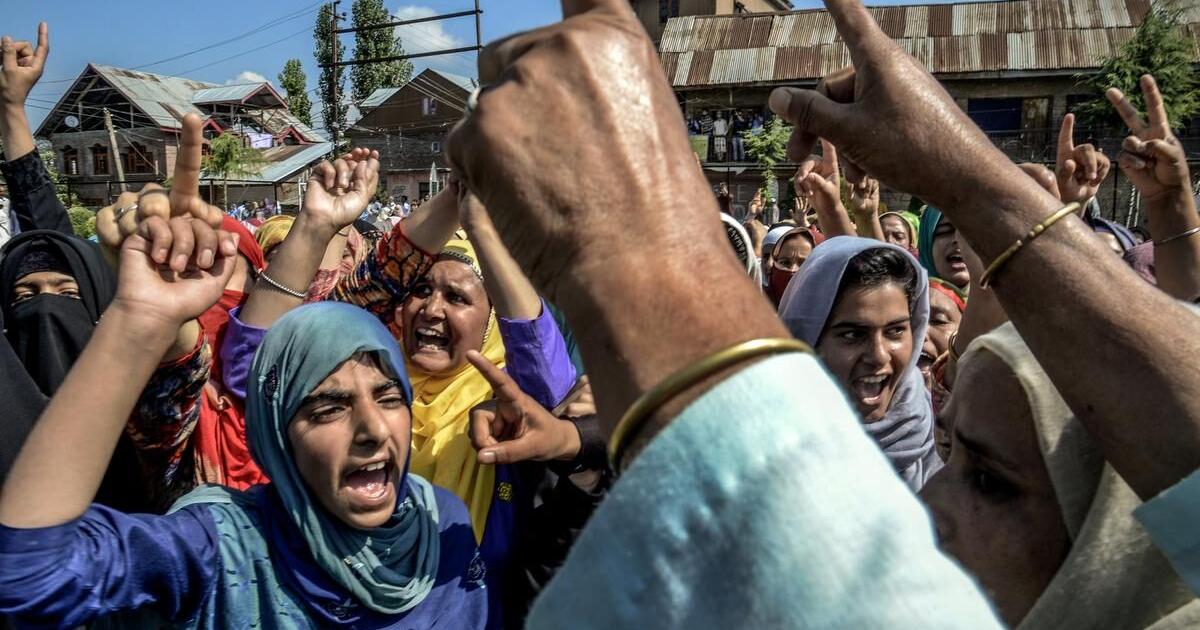
 www.thestar.com
www.thestar.com
It’s been just over a week since the government of Prime Minister Narendra Modi abolished the semi-autonomous status of the state of Jammu and Kashmir. It unilaterally revoked two articles in the Indian constitution that gave the Muslim-majority territory of 13 million special status — something it had ever since it joined the newly independent country back in 1947.

At the same time, the government imposed a massive crackdown on Kashmir, flooding the mountainous area with troops, arresting activists, confining local politicians to house arrest, declaring a curfew and cutting off almost all communication with the outside world. It also announced plans to break the state into two territories, without bothering to consult anyone in Kashmir itself.
New York Times reporters in Srinagar, the capital, described the population there as feeling “beseiged, confused, frightened and furious.”
All this matters beyond the Himalayan valley for a couple of reasons. It’s the prime point of contention between India and Pakistan, two nuclear-armed states that has fought three wars over the territory. Nothing good can come from further inflaming tensions on the subcontinent.
Just as important, as India’s only Muslim-majority territory, Kashmir acts as an essential barometer for the country’s claims to be secular, tolerant and democratic. And on that front the Modi government’s decision to take unilateral action is decidedly worrisome.
It shouldn’t have come as a complete surprise. Modi’s governing party, the Hindu-nationalist BJP, has long seen special status for Kashmir as a “historical blunder” in need of correction. When the prime minister won a massive re-election victory in May, the writing was on the wall for Kashmir.
Modi himself argued in a televised address last week that his government’s move is meant to free Kashmir from the twin plagues of “terrorism and separatism.” He claims that integrating Kashmir fully into united India — or “mainstreaming” it — will lead to an influx of investment and a burst of prosperity.
Certainly Modi is right that Kashmir’s development has been stunted by repeated outbreaks of violence, often encouraged by Pakistan, which rules the northern third of the territory. But it’s highly doubtful that abolishing the region’s long-standing rights, without involvement by Kashmiri political leaders of any persuasion, will improve the situation.
Much more likely is an escalation of tensions, both between India and Pakistan and inside Kashmir itself. Extremists will now have a whole new set of grievances they can use to recruit followers and justify more violence. Indeed, attacks on the military by Muslim terrorists based in Pakistan were already on the increase. It’s also questionable whether the government’s abolition of articles in the Indian constitution is even legal.
More broadly, the assault on Kashmir’s status is another sign that India under Modi is moving further away from its proud record as a country that values diversity and guarantees the rights of its many minorities. Instead, it’s increasingly inspired by the BJP’s ideology of “Hindutva,” essentially the idea that India’s values and Hindu values are one and the same.
In practice this has meant a lessening of tolerance for minorities, especially the 172 million Muslims who call India home. Vigilantes have lynched Muslims suspected of eating beef or trading in cattle, and Modi has supported some extreme Hindu nationalists accused of being involved in attacks on Muslims. It’s a very dangerous turn in a country that within living memory saw the death and displacement of millions through communal violence.
The last thing the world needs is a country as big and important as India turning away from the values that have served it so well over the past seven decades. Those who wish India well should encourage its government to rethink this destructive course.

Star Editorial Board: India is on a dangerous path in Kashmir
‘India, which likes to boast that it’s the “world’s largest democracy,” is heading down a dangerous and decidedly undemocratic road with its decision to impose direct rule on Kashmir.’



